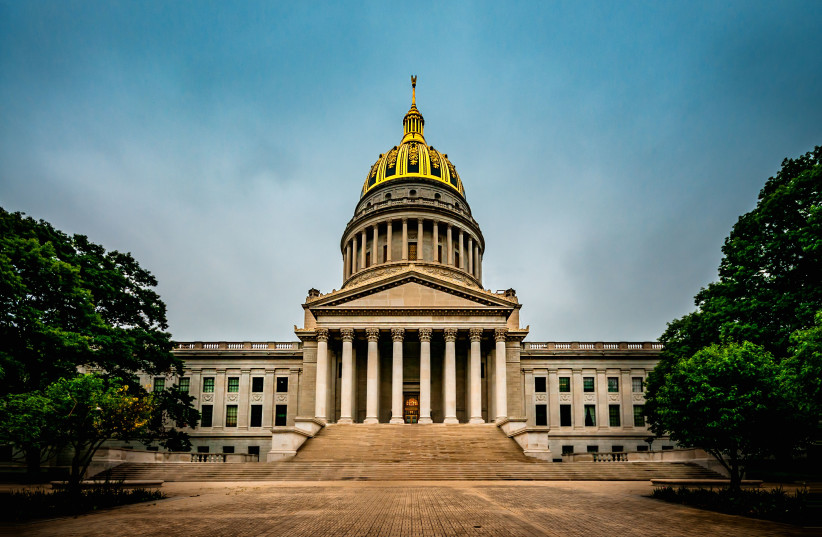A West Virginia judge on Monday blocked officials from enforcing a 19th-century ban on abortions after the US Supreme Court overturned the 1973 Roe vs Wade decision that recognized the right of women nationally to terminate pregnancies.
The decision by Kanawha County Circuit Judge Tera Salango clears the way for the state's lone abortion clinic to resume services, which it suspended out of fear of prosecution following the US Supreme Court's June 24 ruling.
The case is one of several that abortion rights groups and clinics have filed nationally seeking to halt or stall bans and restrictions from taking effect in mostly Republican-led states following the Supreme Court's decision.
The ruling came hours after a Louisiana judge extended a temporary block on that state from enforcing a so-called "trigger" law ban designed to snap into effect if the high court overturned Roe.
Twelve other states have similar trigger laws. About half of the states have or are expected to seek to ban or curtail abortions following that ruling.

West Virginia did not have such a trigger law. But Republican West Virginia Attorney General Patrick Morrisey's office argued a dormant 1800s-era law criminalizing abortion could now be enforced once again.
However, Salango agreed with the state's only abortion clinic, Women’s Health Center of West Virginia, that the law conflicted with the state's more modern statutes post-Roe, which allow for abortion up to the 20th week of pregnancy.
"Every citizen in this state has a right to clearly know the laws under which they are expected to live."
Tera Salango, Kanawha County Circuit Judge
Salango said the modern laws "hopelessly conflict" with the 1800s one, a "vague" statute whose potential enforcement had harmed the clinic and its patents.
"It simply does not matter if you are pro-choice or pro-life," she said. "Every citizen in this state has a right to clearly know the laws under which they are expected to live."
